This week, CWG is pleased to showcase an interview by author and Contributor Ann Towell with award-winning author and fellow CWG Online Contributor, Alexandria LaFaye. You can learn more about Alexandria’s work at her web site.
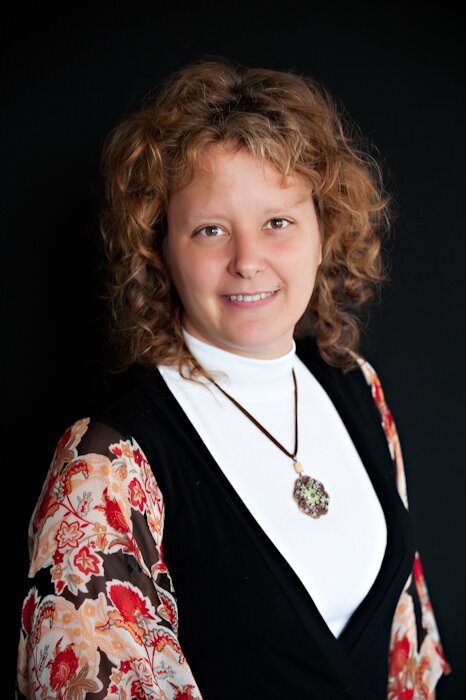
Alexandria LaFaye
Alexandria LaFaye, author of the Scott O’Dell Award–winning novel Worth, is thrilled to have a picture book added to her publication list with Walking Home to Rosie Lee, a 2012 IRA Teacher’s Choice selection. A few of her other titles include The Keening, Water Steps, Stella Stands Alone, The Year of the Sawdust Man, and Nissa’s Place. Alexandria teaches creative writing at Greenville College in Illinois and Children’s and Young Adult Literature at Hollins University in Virginia in the summer graduate program.
Welcome, Alexandria!
I wrote Pretty Omens in poetry not only because I love the genre, but also because I’m often uncomfortable with the concept of the genre of novel-in-verse because some of the books in the genre are really just free form prose in short lines rather than full-fledged poetry that makes use of all of the tropes and conventions of the genre. I wanted to write a novel-in-verse that was truly a collection of narrative poetry that told an overarching story when read together.
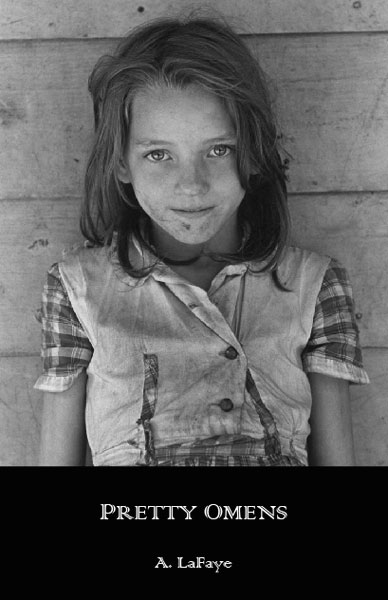
I value the Biblical references throughout the tale.
The devil’s done
put scales on your eyes.
I’ll be calling you
Saul from now on
if’n you don’t set yourself
to seeing clearly.
Girl ain’t telling
the devil’s tales–
she’s a daughter of Daniel,
like me.
For me that is a beautiful passage and says so much but if I didn’t know about Saul on the road to Damascus or Daniel as a seer in the Old Testament… would that passage mean as much to me? I’m not sure. Could you expound on that for me? Would you say your Christianity influences your writing?
I see allusions as layers, if the meaning stands without them, but expands with them; I’ve done my job. In my way of thinking, the reference to scales on the eyes shows that she’s talking about someone not being able to see the truth and the “daughter of Daniel” works musically even if readers don’t know the direct biblical reference. And we know that both people are able to see the future to the prophetic ability they share with Daniel is implied here. For me, poetry is about taking images, actions, and emotions that touch the surface of what is being described and filling in all the details that fiction would add, but doing it in your head. It takes a level of abstraction and inference that would challenge many readers, young and old, but I think challenges help us grow as readers and people.
My relationship with God is central to who I am and how I conduct myself. In my opinion God is loving and supportive as well as challenging. God wants each and every person to make the best possible choice for making themselves and this world better and if more people made the right choices, more good things and fewer bad things would happen and I want to share that idea with my readers without being so over the top about it that people don’t feel welcome in my stories if they don’t share my beliefs. I don’t want to preach, I’d rather share the insights I’ve had over time in an organic and compelling way.
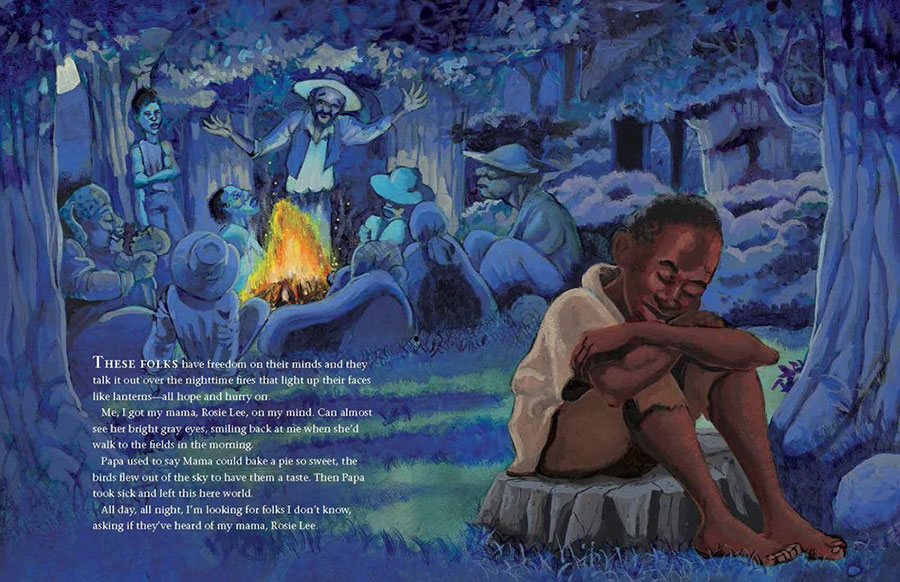
An illustration spread from Alexandria’s picture book, Walking Home to Rosie Lee, a 2012 IRA Teacher’s Choice selection. Illustration by Keith D. Shepherd.
Am I correct? Will you be working with photographers, illustrators, etc. for this program?
Alexandria LaFaye is also a CWG Online Contributor: Read more about Alexandria’s journey as a writer!
Alexandria and Kathleen Merz (Managing Editor at Eerdmans) will be hosting a webinar on April 26, Writing That Draws Readers, Editors & Agents In, at 8:00pm EST. Twelve lucky participants will also receive “first page” reviews!


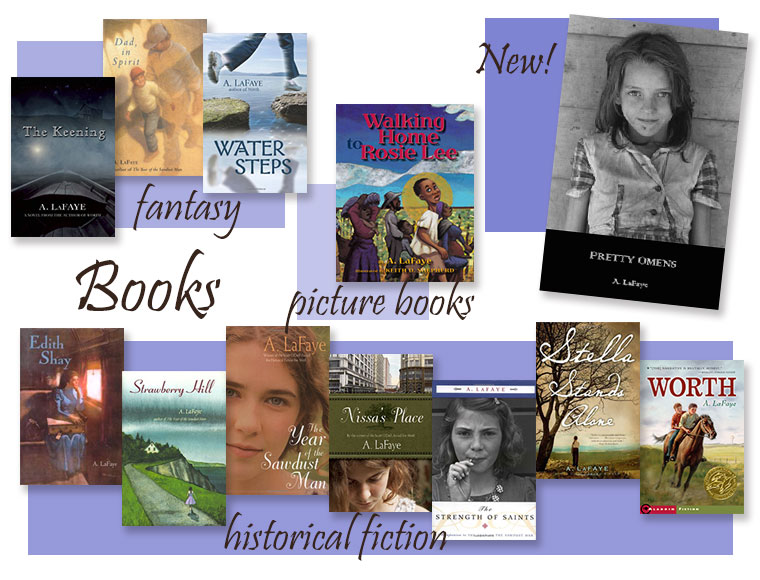
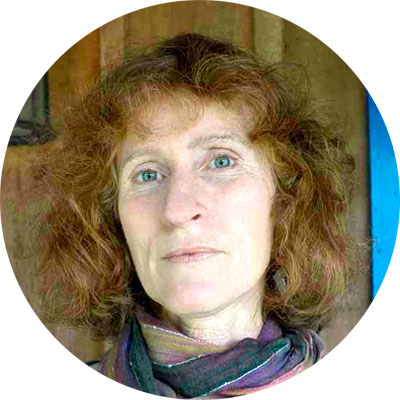 Ann Towell
Ann Towell 